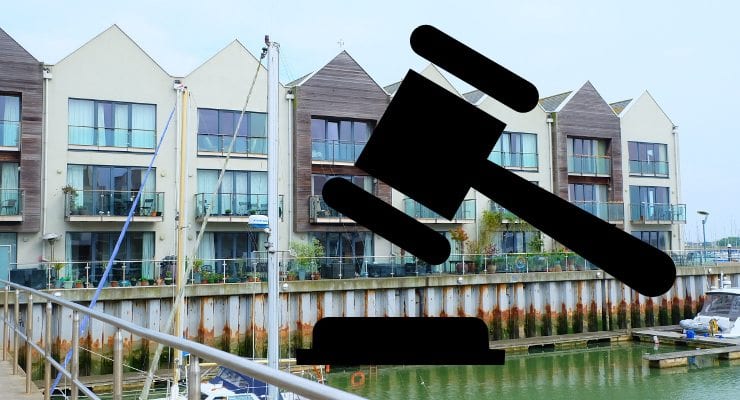Why Property Guarantors Need Legal Advice Before Signing
When it comes to property deals, it’s natural to look for additional support, especially when you’re not fully confident about meeting the terms of the agreement. This is where a guarantor comes into play, as they step in to give the property owner some assurance.
The idea of helping someone you trust can feel quite simple at first, but things start to feel different once you start digging into the paperwork. The terms can affect your own finances and future if you aren’t mindful about signing as a guarantor.
For many people, this financial pressure clashes with other commitments, so it becomes critical to treat the agreement with the same care as any major money decision. Ethical organisations like Salad often highlight the value of staying informed before making any significant financial commitments.
That’s why many people look for expert guarantor legal advice before signing. It clarifies and helps you understand aspects of the paperwork that may affect you later, enabling you to look at the agreement with total information.
In this article, we’ll cover the parts of the process that often go unchecked and explain why careful guidance can make your role as a guarantor much safer.
The Risks Guarantors Commonly Overlook
You might agree to be a guarantor because you want to help a close friend or family member. But if you’re not careful, here are 4 risks that you could potentially overlook:
1. Being Liable for the Entire Debt
A guarantee can last longer than you might anticipate. Most agreements stay active for the full period of the tenancy, and they often carry over if the contract is renewed or becomes periodic. This is standard for most property arrangements unless an end date is clearly stated.
The risk comes from assuming the commitment ends with the first contract term when, in practice, it often continues unless you have negotiated otherwise.
2. Long-Term Responsibility
Your obligations can continue even if key parts of the tenancy change, such as rent increases or a shift in ownership. Due to this, your responsibility might grow over time without any new approval from your end.
3. Limited Control Over the Property
You might be held responsible for costs that arise from how the tenant uses the property. This can include repairs or fees linked to early leaving. Essentially, you’re accountable for something you have no control over, which can disrupt your financial plans along the way.
4. Difficulty Ending the Agreement Once Signed
Most agreements do not give you a clear way to step back. Once signed, you’ll likely be bound to the agreement. This can be especially stressful if your personal situation changes. It can also make it harder to plan ahead since you cannot remove yourself from the agreement whenever you want.
How Legal Advice Protects Guarantors
With guarantor legal advice, you can look at the agreement with more clarity and avoid taking on obligations. Here are 4 ways legal advice can support you as a guarantor:
1. Clear Explanation of Your Obligations
A legal professional can walk you through each part of the agreement to help you understand exactly what you’ll be taking on. This helps you see how your responsibilities could potentially evolve over the course of the agreement, giving you a fair picture of any part that could affect your finances later.
2. Help Spotting Hidden Risks in the Terms
Certain conditions might seem harmless, but they can shift the burden onto you if things change during the tenancy. Legal advice helps you notice these points early, so you have a clear idea of how they could affect your role before signing.
3. Support with Negotiating Fair Conditions
If something in the agreement puts too much strain on you, a legal expert can suggest safer wording and help you request adjustments. Even minor updates, such as clarifying how and when you will be informed about changes during the tenancy, can make your commitment clearer and easier to manage.
4. Guidance on Limiting Your Future Liability
A lawyer can help you set limits on how long your guarantee should last and what it should cover. This makes your role more controlled and reduces the chances of facing unexpected costs later in the tenancy.
To Sum Up
Signing up as a guarantor for someone is a big commitment, and it helps to approach it with the right information. The agreement can heavily influence your own plans, so it’s important to pause and look at it carefully before signing.
Getting support from a legal professional gives you the tools to understand the parts of the arrangement that you might not fully understand at first, allowing you to make decisions with a calm mind.
This is why it’s best to get legal guidance before you sign up as a property guarantor. With that clarity, you can help someone you trust while protecting your own position.









